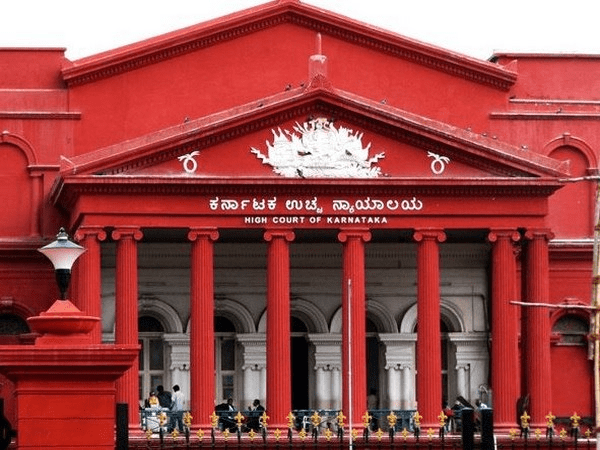The Union government on Friday highlighted the perils of anonymity and lack of editorial accountability on social media platforms before the Karnataka High Court by giving the example of a fake account on X, which went by the name of ‘Supreme Court of Karnataka’.
Appearing for the Centre before the single-judge Bench of Justice M Nagaprasanna, Solicitor General Tushar Mehta said fraudulent accounts could be easily created on social media. He displayed a screenshot about an X account that claimed to be the Supreme Court of Karnataka.
Noting that it was a verified account by Twitter, the SG said the account holder could post anything in it and lakhs & lakhs of people who viewed it would say that the ‘Supreme Court of Karnataka’ had said this. The account holder may remain anonymous or pseudonymous, he pointed out.
The SG made his submissions on a petition filed by X Corp, challenging the “Sahyog” portal created by the Union of India, and the rule governing its creation.
Representing X Corp, Senior Advocate KG Raghavan made a strong objection to the SG’s allegations, stating that X Corp neither verified the account in question, nor did the account go through its filtration process. The account has been suspended now, he added.
Calling X a responsible business house, Raghavan said anonymity was a concern that was not unique to online publications.
The SG then argued that Sahyog portal was set up by the Centre as a matter of administrative convenience, so that all online intermediaries could easily track notices from authorised officials regarding any unlawful content on their respective platforms.
It helped in the ease of doing business, he said, adding that he failed to understand why the X Corp was challenging this mechanism.
Sahyog was the least intrusive measure to check on unlawful content. New solutions were required to tackle the new problems presented with the evolution of the internet, he added.
The mechanism was only being used to inform intermediaries about unlawful content, leaving it up to the platform to decide whether to take down such content. If the intermediary did not take down content, the only consequence was that it would lose its safe harbour, noted Mehta.
The SG further questioned the maintainability of the plea on the grounds that X Corp was an artificial, foreign entity, which could not claim rights under Articles 19 (1)(a) (free speech and expression) and 21 (life and liberty) of the Constitution of India.
Since X (formerly Twitter) claimed to be merely a platform without its own speech, it could not invoke the right to freedom of speech under Article 19(1)(a), he noted.
Taking strong exception to the argument that the Centre’s Sahyog mechanism had a ‘chilling effect,’ the SG said the word was coined for a different purpose, but was being used at the drop of a hat when people had no other argument.
SG Mehta submitted in his written arguments that the greatest threat to free speech was not from government but from private oligopolies like X Corp.
Earlier on Thursday, the SG contended that allowing the proliferation of unlawful content on social media platforms in the name of free speech posed an unprecedented threat to public discourse, democracy and societal stability.
The High Court listed the matter for further hearing on July 25. X Corp is expected to make rejoinder submissions on next Friday.


